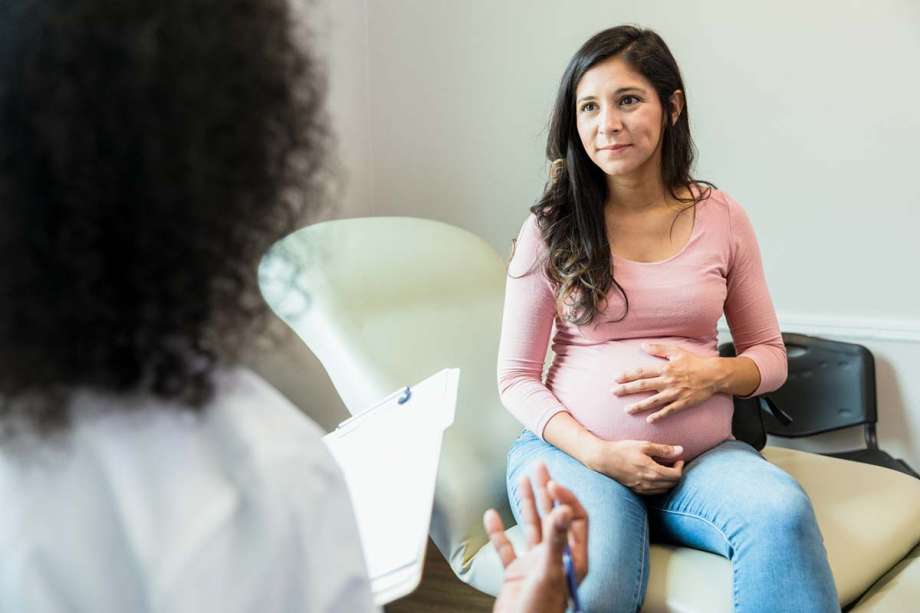What to Expect at Your First Prenatal Appointment

In this article, you will find:
Routine urine tests
Your urine is checked for protein, which may indicate infection or, less commonly, kidney disease. If protein is found, a urine sample is sent to the laboratory for culture to look for bacteria. Around 15 percent of women have bacteria, but no signs of a urinary tract infection. If bacteria is found, you may need antibiotics to stop kidney infection, which is more common in pregnancy and can cause complications. If no infection is found, further tests will check your kidney function.
If all is well, you will be given the results of your blood test at your next prenatal visit. If there is any concern, the doctor will contact you earlier to discuss the results.
What is coming up
If your pregnancy is low risk, you will have around 14 prenatal appointments. They'll start out at 4-week intervals and gradually increase to weekly by your third trimester. After the first appointment, your next prenatal visit will be 4 weeks later.
At each appointment, your doctor will do routine checkups to assess both your health and the well-being of your baby. These checkups will include taking your blood pressure and checking your urine for protein, the presence of which could indicate an infection that needs treating or, later in pregnancy, preeclampsia. You will be weighed regularly and given guidance if you're putting on too much or too little weight.
After around 12 weeks, the doctor will start to listen to your baby's heartbeat with an instrument known as a handheld sonic aid. From around 20 weeks, your doctor will measure your abdomen to monitor the growth of your baby.
Extra screening
Some additional tests may be offered depending on your doctor and your individual circumstances.
Cervical cultures:
Because both chlamydia and gonorrhea can be symptom free, it's worth getting tested if you think you're at risk, since these can cause problems if passed on to your baby.
Hepatitis C:
You may be offered screening for this condition if your history puts you at a higher risk.
Varicella:
If you're unsure whether you've had chickenpox (varicella), a test can confirm this. If you're not immune and are exposed to the infection during pregnancy, treatment can prevent severe chickenpox in pregnancy.
Toxoplasmosis:
This identifies if you have ever been infected with toxoplasmosis. Past infection protects you from infection in pregnancy, which could harm your baby.

